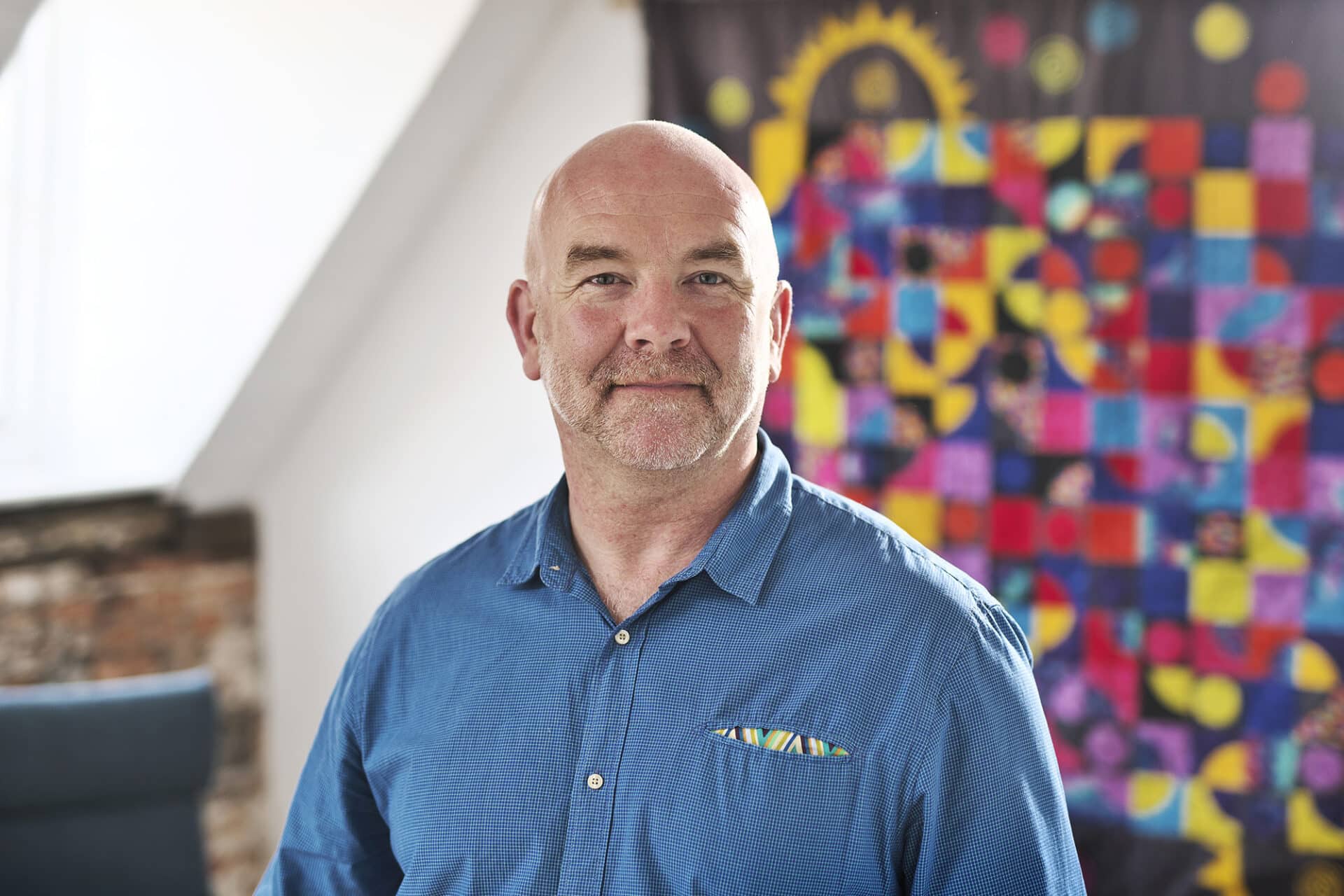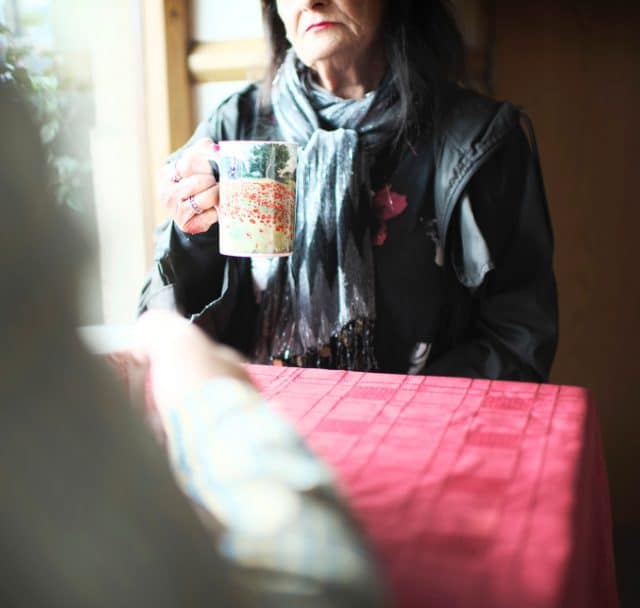In February, we issued our first ever Sexual Consent survey, asking people in Norfolk for their views about sexual consent. It revealed that 85% of people believe we do not discuss sexual consent openly and directly enough. We’re encouraging people to have informed conversations about consent so that victims of sexual assault can be confident that they will be believed.
When we asked if people thought we discussed sexual consent openly and directly enough in the UK, 85% of survey respondents said ‘no’. When asked, ‘do you think it is important to talk about consent in a clearer and more open way, so that more people truly understand what it means?’, 98% said ‘yes’.
But why is it so important that we talk more openly about sexual consent?
Clive Evans is our CEO and explains. “Our team of specialist counsellors, who work closely with survivors of sexual assault and sexual abuse, tell us that the term ‘consent’ remains shrouded in mystery. There is still confusion about what consent means, how and when it should be given, and whether it can be revoked. Our aim with this survey was to collect views and data about sexual consent, stimulate conversation about the issue and, ultimately, encourage more people to think about what consent means in a real-life situation.”
Survey participants were also asked if they had ever experienced a non-consensual sexual act which could have been considered sexual assault, with 73% answering ‘yes’. Of those people, they were then asked if, at the time of the incident, they believed they had been the victim of a sexual assault. Only 25% said yes.
- almost a quarter (24%) believed what happened to them was partly their fault.
- 23% said that at the time they believed they had not been assaulted.
- 20% said they were confused.
The survey also asked if those people, with the benefit of hindsight, feel differently about the experience now. 63% answered ‘yes’.
“Tragically, almost three quarters (74%) of those people who told us they had been the victim of a sexual assault in their past did not tell anyone about it at the time,” says Clive Evans. “One woman told us that ‘it was the ‘70s – it happened a lot – that was the culture we grew up in’ whilst many others said that they didn’t feel they would be believed.”
As part of the survey, respondents were asked to what extent they agreed with a range of statements around the subject of sexual consent.
- Five people (1.4%) agreed that if someone doesn’t say ‘no’ then it isn’t sexual assault/rape.
- 15 people (4.2%) agreed that if a sexual partner has consented to a sexual act before, they don’t need to give consent again.
- Two people (0.56%) disagreed that consent can be withdrawn at any time, even once a sexual act is underway.
- Two people (0.56%) agreed that non-consensual sex within a long-term relationship does not count as sexual assault or rape.
“It might seem odd that we are highlighting these tiny percentages,” says Clive Evans. “But even if 4% of adults believe that sexual consent cannot be withdrawn at any time, this is a hugely worrying statistic. There is still confusion around what consent means, and we must address that.”
The 2003 Sexual Offences Act states that someone consents to sexual activity if ‘they agree by choice and have both the freedom and capacity to make that choice’.
Clive adds; “Sexual consent must be freely given but it can also be withdrawn at any time. It means someone has agreed to sexual activity freely, and they have the freedom and the capacity to make that choice. If someone says no, they do not agree to it, then that sexual act is a crime. Consent can also be revoked once a sexual act has begun, but this is still often misunderstood. And it’s very common for survivors to blame themselves for what has happened to them, and to live with that ‘guilt’ and trauma for years. That is simply not right.”
“While our survey showed that 99% of people thought they understood what the word ‘consent’ meant in relation to sexual activity, 1 in 3 said they were unaware of the actual legal definition. We must commit to having more conversations about consent and what it really means.
“Knowing what sexual consent is and how to express it empowers people to enjoy positive, fulfilling relationships while also making it crystal clear that when sexual activity is non-consensual, it is a crime, and only the perpetrator can be blamed.”
Clive explains; “No matter whether the sexual attack or abuse happened decades ago or more recently, when survivors feel ready to talk, we are here to listen. While there may be a wait for counselling to begin, there are other ways we can support people. Please, if you need us, reach out. You will be heard, and you will be believed. Together we can help people cope with and manage the symptoms of their trauma, enabling them to heal and regain control.”
The Sue Lambert Trust Sexual Consent survey was carried out online and was completely anonymous. It received 357 responses, with 300 of these being from people in Norfolk.

